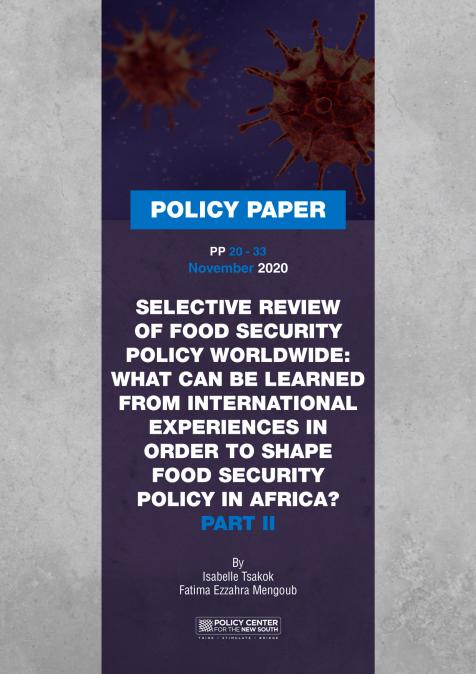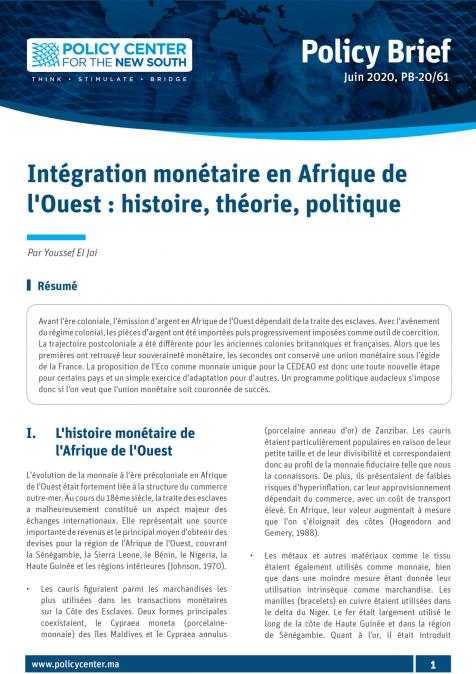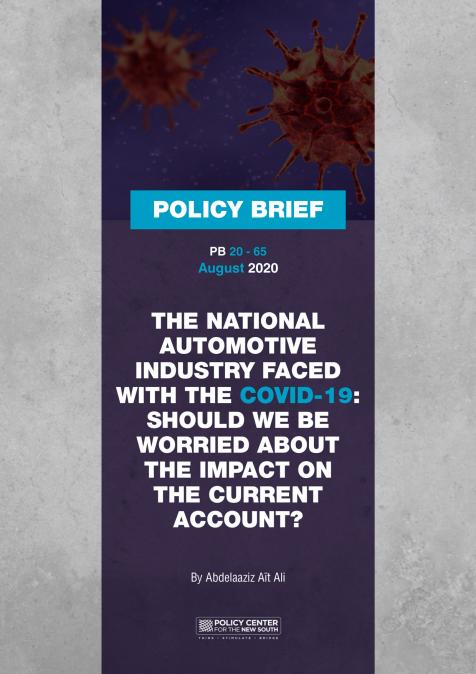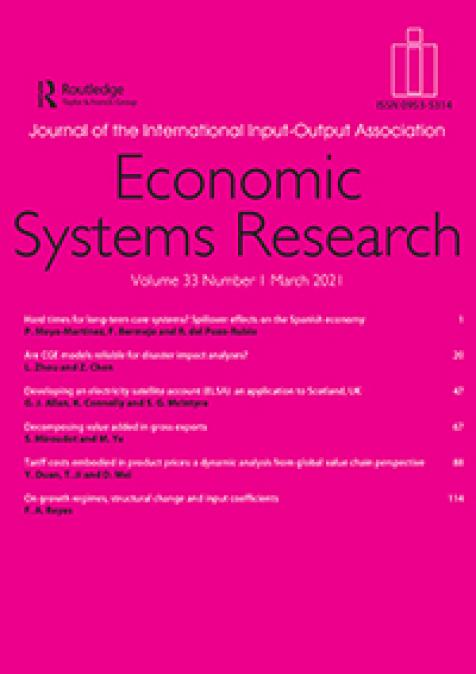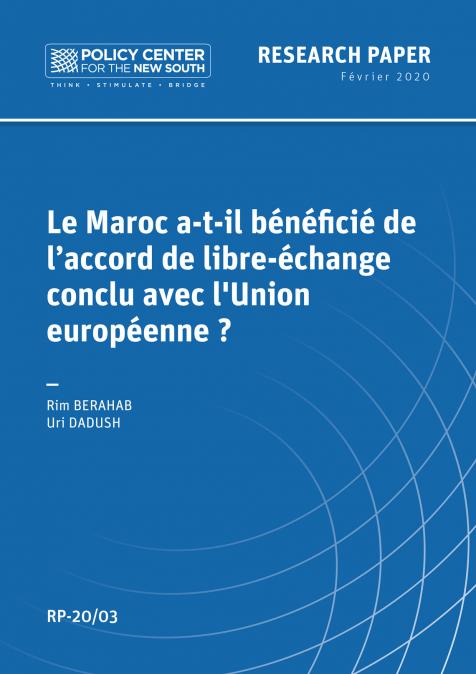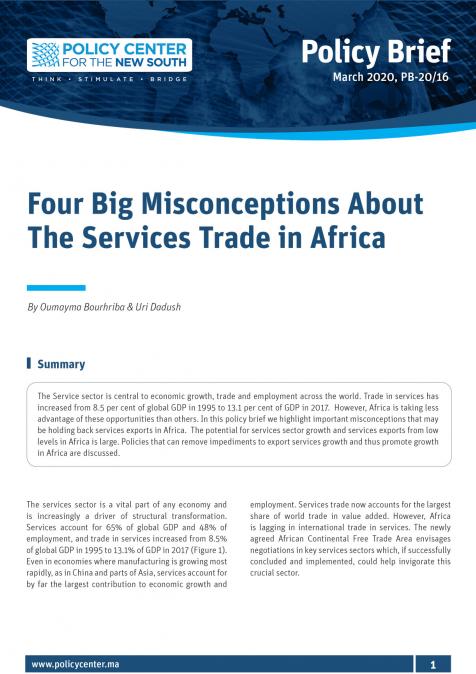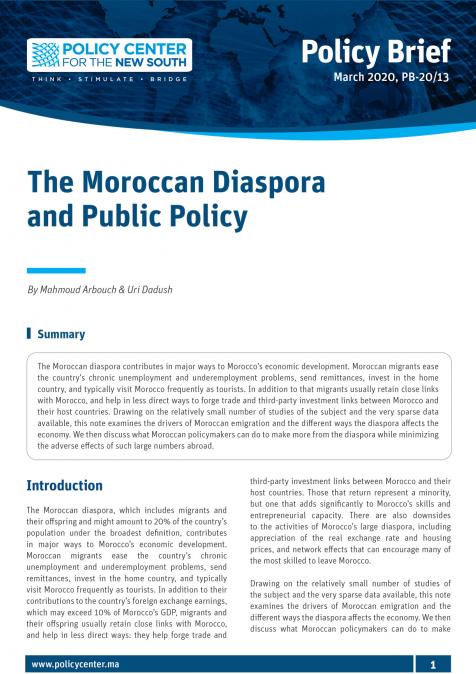Publications /
Policy Brief
As the African Continental Free Trade Area (AfCFTA) enters its fifth year, the rules of origin for trade in goods are still being finalised, but the institutional architecture is nearly complete with increased capacity, technical committees and new supporting instruments.
Despite this progress in AfCFTA ‘policy supply’, meaningful trade under the AfCFTA is still to begin. For this to happen, there must be ‘policy demand’ from the private sector to use the agreement’s range of protocols in shaping their investment and trade decisions and relations. Private sector engagement has so far varied across member states, with some demonstrating robust integration of business feedback while others lag in private sector consultation and involvement.
Recommendations focus on enhancing private sector engagement and thus the use and impact of the AfCFTA through:
- Increased awareness and practical application of AfCFTA protocols.
- Sector-specific support aligned with AfCFTA’s goals.
- Strengthening the roles of AU, RECs and the AfCFTA secretariat in national strategy alignment.
- Promoting regional value chains with strategic financing and partnerships.
- Improving the investment climate to facilitate cross-border trade and investment.
Ultimately, AfCFTA’s success depends on robust implementation, dynamic private sector involvement and tailored strategies to meet diverse economic needs across Africa.


